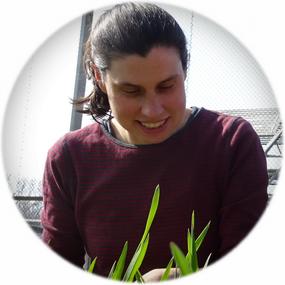The winners of the EWRS Student Award 2022 for oral and poster presentations during the Symposium in Athens, June 2022
Posted on July 13th, 2022 on 15:06:47 by Lena Ulber
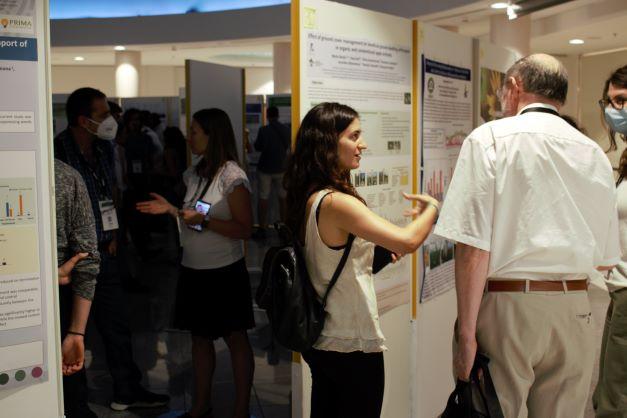
We are happy to present you the student award winners at the 19th EWRS Symposium - what do they tell us about the Symposium?
During the 19th EWRS Symposium in Athens, a team of EWRS SciCom members examined all oral and poster presentations given by students. In total, 32 oral and 16 poster presentations were evaluated regarding content, layout and additional criteria such as enthusiasm, voice, audience contact and ability to respond to questions for oral presentations.
The EWRS is proud to announce the winners of the EWRS Student Award 2022:
Best oral presentations
- Solèmne Skorupinski
- Georgia Nikolakopoulou
- Okan Güzel and 3. Danielle Neta (Vaknin)
Best poster presentations
- Alicia Rouge
- Jovana Krstic
- Alfredo Manicardi
Short presentation of the winners and their research topics
Oral presentations
First position: Solèmne Skorupinski
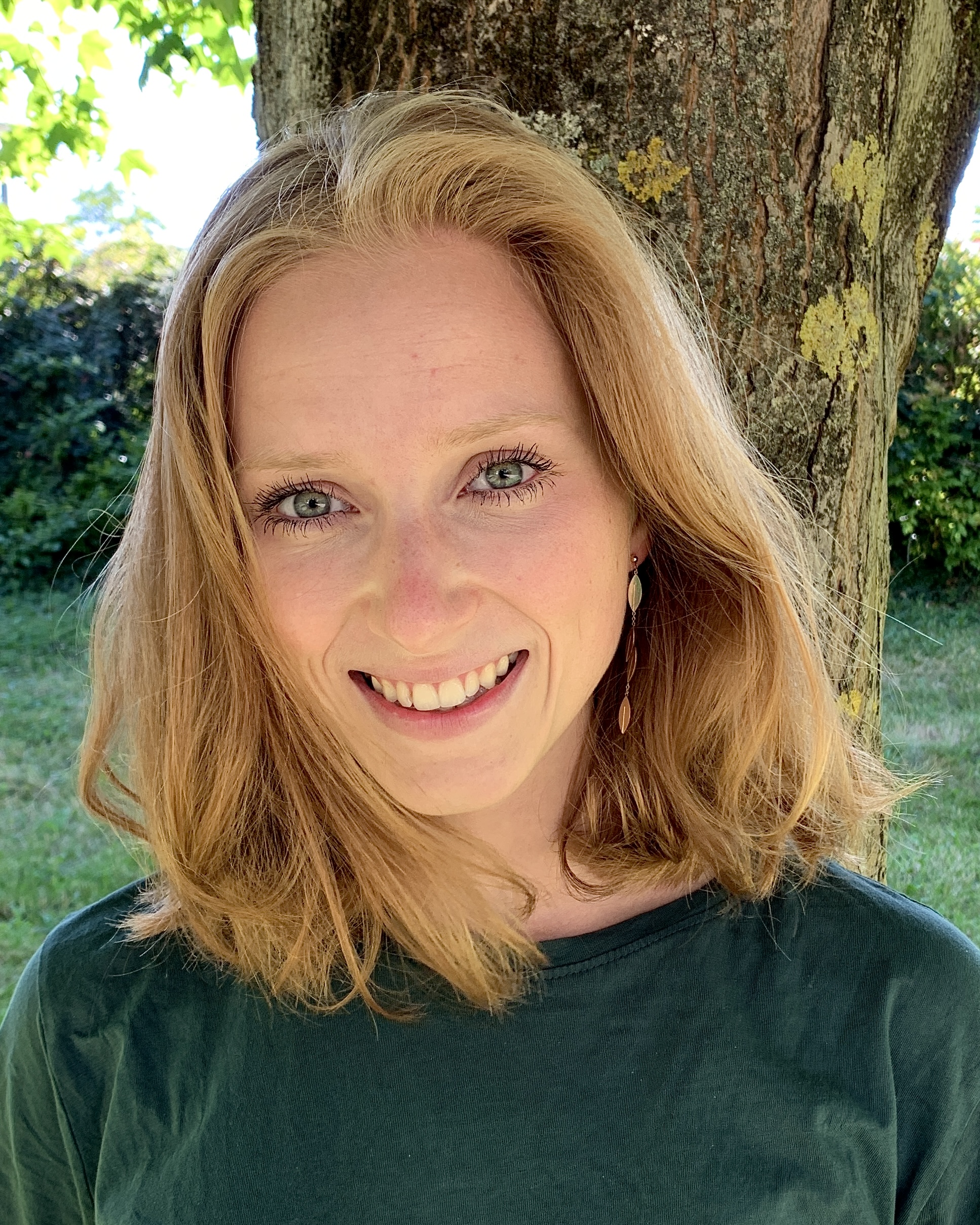
I aim to model the effects of cropping systems on the dynamics of perennial weed in order to complement the existing FlorSys weed-dynamics model. I am running greenhouse experiments on several perennial species to analyze the regrowth process from fragments of their vegetative organs. This will allow modelling the shoot elongation as a function of thermal time and available reserves in the organ. Finally, the new FlorSys version including perennials will be used to identify efficient agroecological systems for managing this type of weeds.
Second position: Georgia Nikolakopoulou
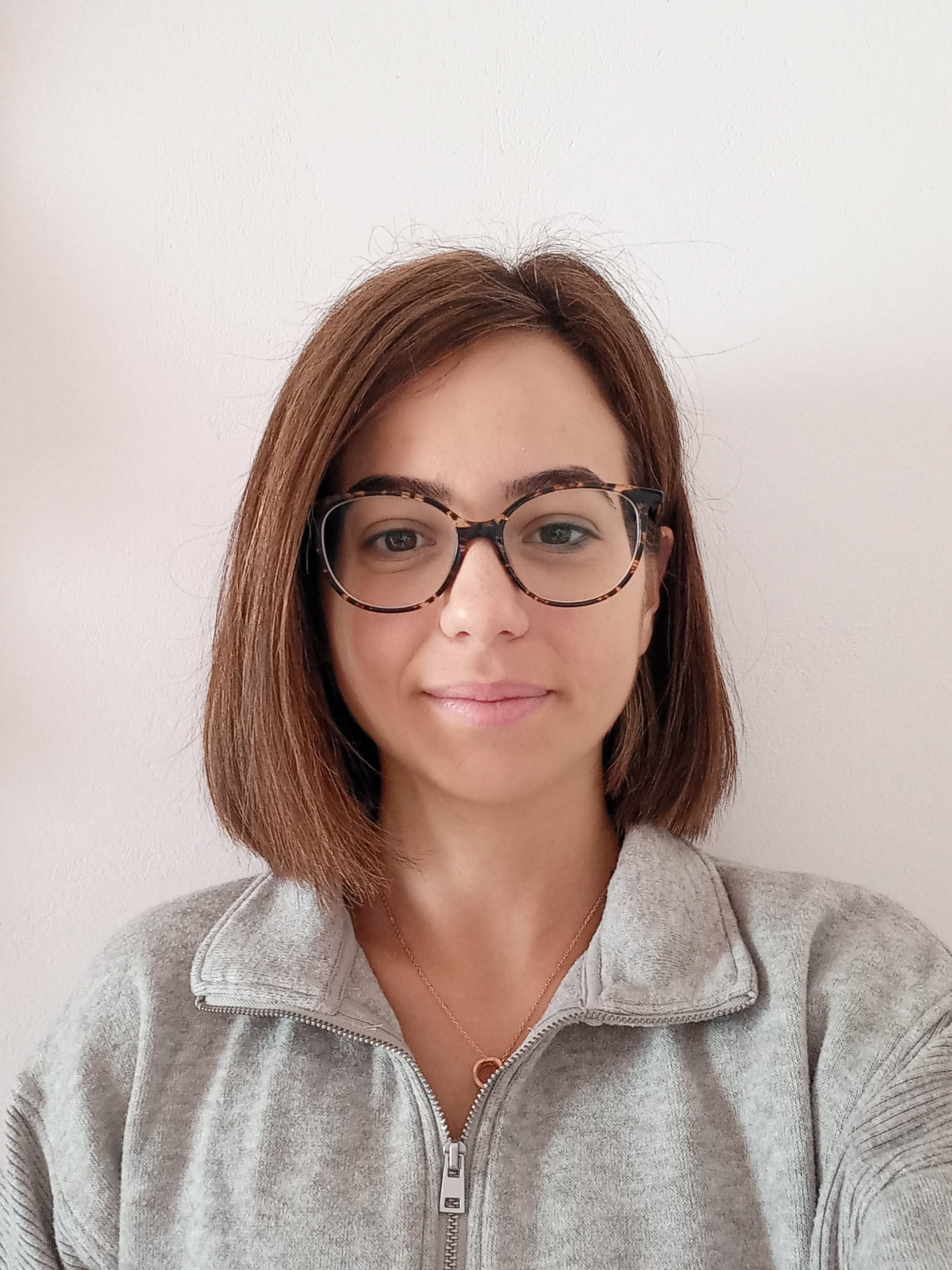
Third position (a): Okan Güzel
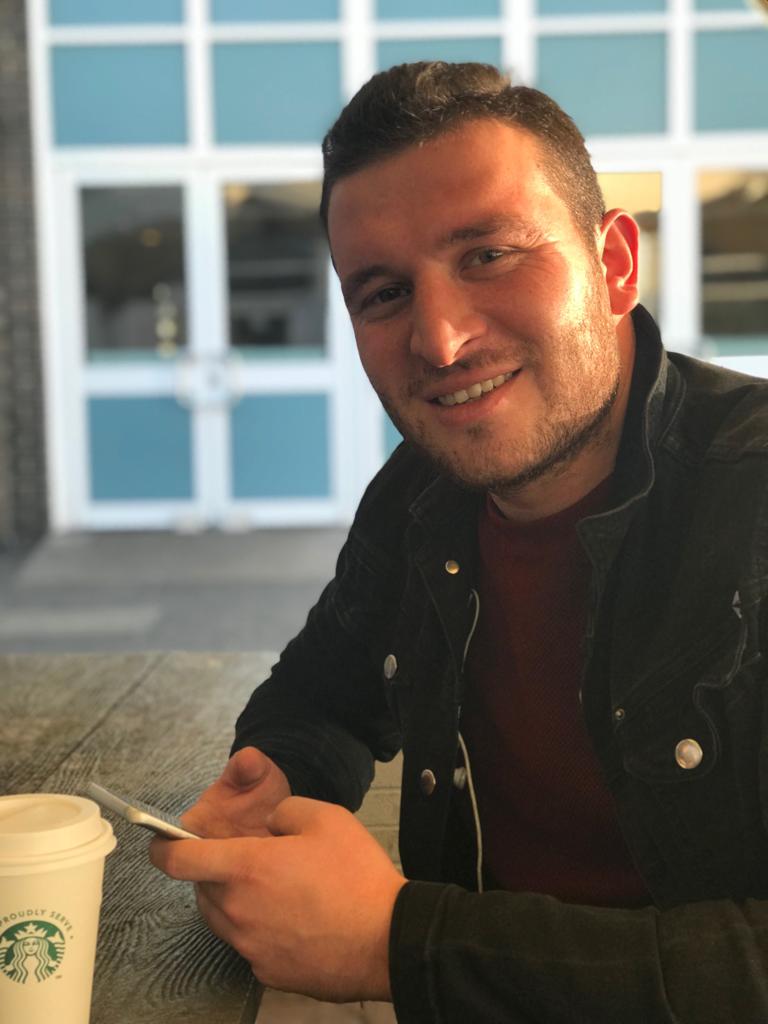
Third position (b): Danielle Neta (Vaknin)
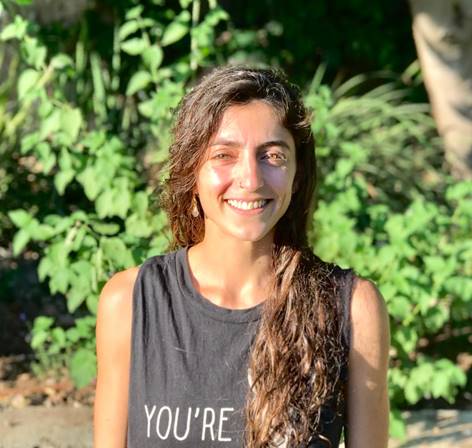
Poster presentations
First position: Alicia Rouge
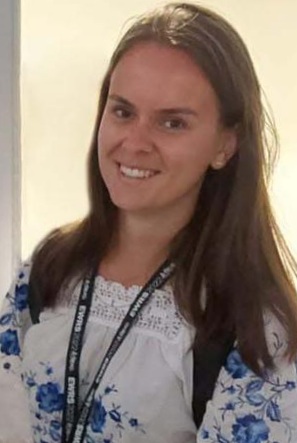
Second position: Jovana Krstic

Third position: Alfredo Manicardi
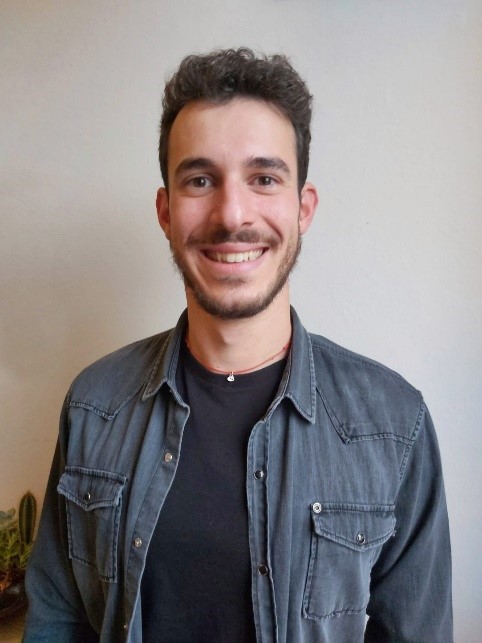
What do they tell us about the 19th EWRS Symposium in Athens? How was their experience?
"Participation in the 19th EWRS Symposium brought me new acquaintanceships and knowledge in weed science, and for me, it was an opportunity to present my research and also myself as a young researcher. This is my first participation in an international symposium and I would like to express my gratitude to the organizers of the symposium who made it possible for students and early-career scientists to attend such a prestigious event." (Jovana Kristic, Serbia)
“If you have knowledge, let others light their candles in it.” - Margaret Fuller
The best thing about science is that every researcher enjoys talking about their work. Everyone in EWRS has shared views, perspectives, and goals, which is lifeblood for a PhD student like me. I returned from Athens full of enthusiasm, feeling my ideas were feed by the flames of the other researchers candles. (Alfredo Manicardi, Spain)
"It was my first experience to give a speech in front of a great society. I sharpened my knowledge on weed science. Also I gained and shared new ideas and best practices. It was impressive that learning about the latest innovations and insight. It gave me a great opportunity to meet academics, colleagues and industry experts face to face." (Okan Güzel, Turkey)
"To attend the 19th EWRS Symposium and be able to present my work was a great opportunity, both professional and personal. It was my first experience at an international congress and it was very instructive and inspiring. Meeting and exchanging with weed scientists about our work gave me new ideas and perspectives for my research." (Solèmne Skorupinski, France)
"I enjoyed attending the conference, for me, many of the studies presented in the Symposium were very novel and had inspired me to pursue new directions in my own research. Getting to know people during the conference was pleasant and Greece was welcoming and beautiful. It was the first time I took part in a weed conference on an international scale, and I must say that it was a very positive first experience for me." (Danielle Neta, Israel)
"EWRS was the first symposium I participated in as a speaker, and it was a unique experience for me. It was an honor to present my research work, connect with fellow researchers and receive many constructive comments. I would like to thank everyone who voted for my presentation as it gives me strength to continue my research activity. Finally, I would like to thank the supervisor of this research, Ms. Oikonomou F., the Ph.D. Candidate Doulfi D., and the Agronomist Fournarakos A. who were an integral part of this assay." (Georgia Nikolakopoulou, Greece)
“I was very pleased to discover a friendly community of weed scientists at my first European symposium this year. The organization also helped me feel part of this community as I had the chance to share my knowledge and research on cover crops and weed management. I particularly enjoyed the challenge of presenting my first scientific paper as a poster and the second one as a talk in front of a multicultural audience. Besides, time for informal discussions, such as during the field trip, were a great opportunity to meet new potential collaborators.” (Alicia Rouge, France)
Thanks to all of you, and our best wishes for a challenging and inspiring future in weed research!
2602 x viewed | 27 Likes -
Message to the author
Filter by theme
Filter by Working Group
How can I submit a post?
We would like to welcome you as a contributing author for the EWRS blog. Please contact the Communication Officer, Camilla Moonen. She can give you writing access to the blog. After that, you can start writing articles for the blog, from the 'My Account page'. More information can be found on the "How to use the Blog page".
